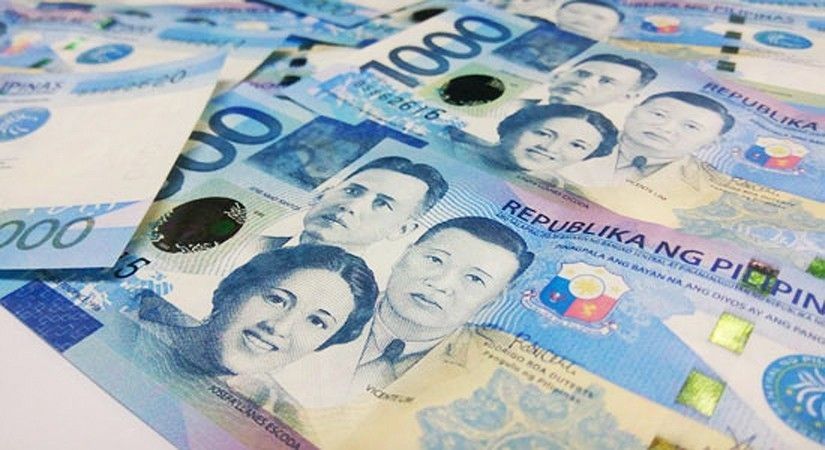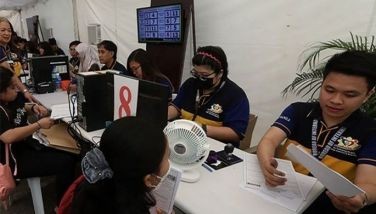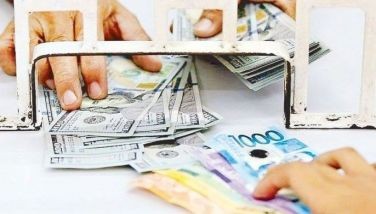FDIs hit $961 million in January

MANILA, Philippines — Foreign direct investments worth $961 million entered the Philippines in January, a notable 41.5 percent increase from $679 million a year ago, the Bangko Sentral ng Pilipinas (BSP) said yesterday.
The latest figure was the highest in 13 months or since the $1.36 billion recorded in December 2019.
“This development reflects the investors’ optimism at the start of the year due in turn to the gradual reopening of the economy under the new normal condition, easing of lockdown measures and positive news about the rollout of COVID-19 vaccines,” the BSP said.
But Ruben Carlo Asuncion, chief economist at Union Bank of the Philippines, said it was hard to tell if the strong inflow in January would be sustained for the rest of the year, especially with the resurgence of COVID-19 infections and the spotty containment efforts of the government.
“We have to note that toward the end of March was the start of the renewed lockdown measures and subsequent extension in early April. The consistency and efficiency of the vaccination program rollout at this point may dictate not just FDI growth, but also the general economic prospects of the Philippines as well,” Asuncion said.
The National Capital Region (NCR) and nearby provinces were placed again under enhanced community quarantine from March 29 to April 11 due to the resurgence of COVID-19 infections. The lockdown was eased to modified enhanced community quarantine from April 12 to 30.
Data released by the BSP showed that equity capital coming mainly from Singapore, Japan, and the Netherlands declined by 3.3 percent to $362 million in January from $374 million in the same month last year. The amount was invested to financial and insurance industries, manufacturing, as well as professional, scientific and technical industries
On the other hand, withdrawals plunged by nearly 58 percent to $10 million in January from $24 million in the same period last year.
Net investment in debt instruments consisting mainly of loans extended by parent companies abroad to their local affiliates declined by 9.2 percent to $74 million from $82 million.
On the other hand, reinvestment of earnings more than doubled to $535 million from $248 million.
“The January growth largely came from net intercompany borrowings and equity and investment fund shares. New investments and reinvestments barely made a dent,” Asuncion said.
Security Bank chief economist Robert Dan Roces attributed the increase in FDI inflows in January to the pickup and optimism at the beginning of the year.
“Although uncertainties abound relative to the risks still posed by COVID-19, recoveries and reflation in other parts of the world could enhance FDI inflow, which is projected by the BSP to rebound to $7.5 billion this year,” Roces said.
Reflation is the act of stimulating an economy by increasing the money supply or by reducing taxes, seeking to bring an economy back up to the long-term trend, following a dip in the business cycle.
The BSP sees net FDI inflow reaching $7.8 billion this year and $8.8 billion next year. The inflow of direct investments into the country has steadily declined after hitting a record $10.3 billion in 2017.
Last year, net inflow slumped by almost 25 percent to hit a five-year low of $6.54 billion from $8.67 billion in 2019. This was the lowest since the $5.64 billion recorded in 2015.
- Latest
- Trending

























